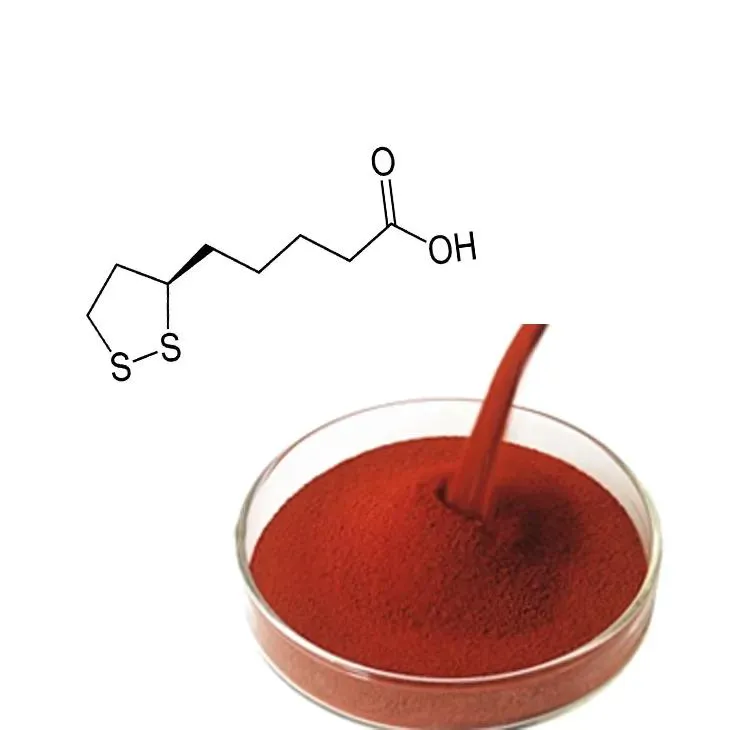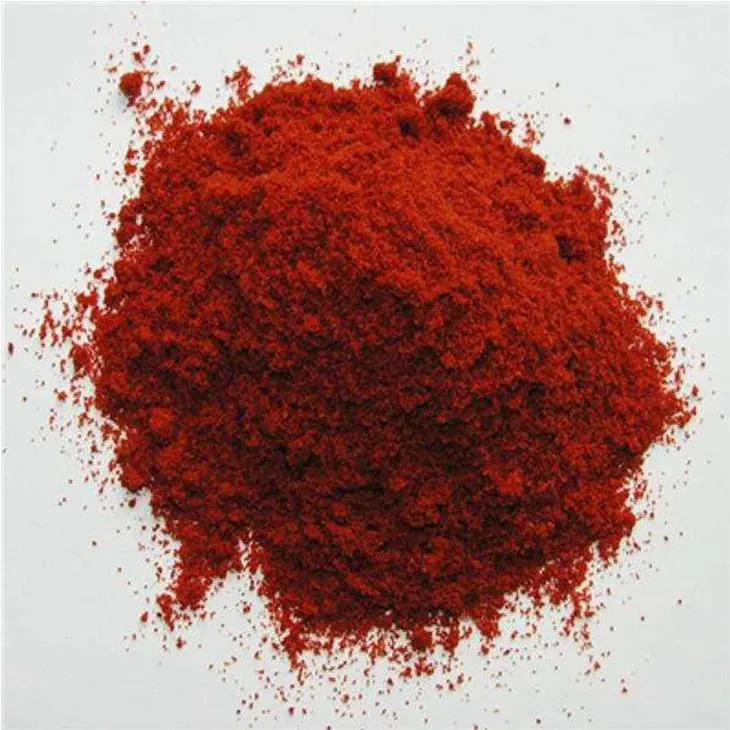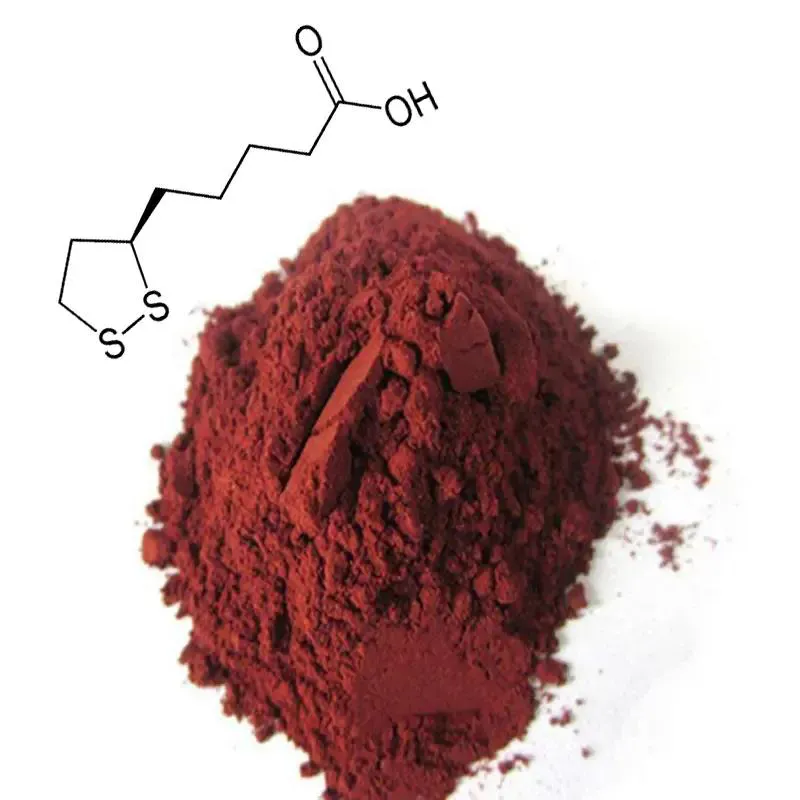- 0086-571-85302990
- sales@greenskybio.com
Astaxanthin: Innovation, Abundance and Beauty.
2024-12-17

1. Introduction to Astaxanthin
Astaxanthin is a naturally occurring compound that has been making waves in various industries. It is a type of carotenoid, which is a family of pigments that are widely found in nature. Astaxanthin is responsible for the red color in many marine organisms such as salmon, shrimp, and lobster. However, its significance goes far beyond just being a pigment.

2. Innovation in Astaxanthin Use
2.1 Nutraceuticals
In the field of nutraceuticals, astaxanthin has emerged as a powerful ingredient. It is known for its exceptional antioxidant properties. Antioxidants are substances that can neutralize free radicals in the body. Free radicals are unstable molecules that can cause damage to cells, leading to various health problems such as aging, cancer, and heart disease. Astaxanthin's antioxidant activity is much stronger than many other common antioxidants like vitamin C and vitamin E. For example, it has been studied for its potential to boost the immune system. A healthy immune system is crucial for the body to fight off infections and diseases. By reducing oxidative stress in the body, astaxanthin can help the immune cells function better.
2.2 High - end Cosmetics
In high - end cosmetics, astaxanthin has become a star ingredient. It is highly valued for its beauty - enhancing properties. One of the main ways it contributes to skin health is by promoting collagen production. Collagen is a protein that gives the skin its elasticity and firmness. As we age, the production of collagen in our skin decreases, leading to wrinkles and sagging skin. Astaxanthin can stimulate the fibroblasts in the skin to produce more collagen, thus helping to keep the skin looking young and supple.
Additionally, it protects the skin from environmental stressors. Our skin is constantly exposed to various environmental factors such as ultraviolet (UV) radiation, pollution, and toxins. These can damage the skin cells and accelerate the aging process. Astaxanthin can act as a shield against these harmful elements. It can absorb UV radiation and neutralize the free radicals generated by pollution, reducing the damage to the skin.

3. The Richness of Astaxanthin Benefits
3.1 Antioxidant Activity
As mentioned before, astaxanthin has remarkable antioxidant activity. It has a unique molecular structure that allows it to scavenge free radicals more effectively than other antioxidants. This antioxidant power is measured by its ability to donate electrons to neutralize free radicals without becoming unstable itself. In comparison to other carotenoids, astaxanthin can span cell membranes, providing protection not only on the surface but also within the cells. This makes it extremely valuable in protecting cells from oxidative damage, which is associated with a wide range of diseases, including neurodegenerative diseases like Alzheimer's and Parkinson's.
3.2 Cardiovascular Health
Astaxanthin also plays an important role in cardiovascular health. It can help reduce inflammation in the blood vessels. Inflammation in the blood vessels is a key factor in the development of heart disease. By reducing this inflammation, astaxanthin can lower the risk of developing conditions such as atherosclerosis, which is the hardening and narrowing of the arteries.
Moreover, it can improve blood lipid profiles. It has been shown to increase the levels of high - density lipoprotein (HDL), which is often referred to as "good cholesterol," while reducing the levels of low - density lipoprotein (LDL), or "bad cholesterol." This balance in lipid levels is beneficial for maintaining a healthy heart and blood vessels.
3.3 Eye Protection
Our eyes are also vulnerable to oxidative damage, and astaxanthin can offer protection in this regard. It can accumulate in the retina, which is the part of the eye responsible for detecting light and sending visual signals to the brain. By protecting the retina from free radical damage, astaxanthin can help prevent age - related macular degeneration (AMD), which is one of the leading causes of vision loss in the elderly.
It can also reduce eye fatigue. In today's digital age, many people spend long hours staring at screens, which can cause eye strain. Astaxanthin can help relieve this eye fatigue by improving the blood circulation in the eyes and reducing oxidative stress.

4. Astaxanthin in the Realm of Beauty
4.1 Skin Rejuvenation
When it comes to beauty, astaxanthin is a true wonder. Its ability to promote collagen production is a key factor in skin rejuvenation. As collagen levels increase, the skin becomes more plump and smooth. This can reduce the appearance of fine lines and wrinkles, giving the skin a more youthful look.
In addition to collagen production, astaxanthin can also improve the skin's moisture retention. A well - hydrated skin is essential for a healthy and radiant complexion. Astaxanthin helps the skin cells to retain moisture, preventing dryness and flakiness.
4.2 Anti - aging Effects
The antioxidant properties of astaxanthin are also crucial in its anti - aging effects. By neutralizing free radicals, it can slow down the aging process of the skin. Free radicals can break down the skin's natural components such as collagen and elastin, leading to the formation of wrinkles and loss of skin elasticity. Astaxanthin can prevent this damage, keeping the skin looking younger for longer.
It can also improve the skin's overall texture. With regular use of products containing astaxanthin, the skin can become softer and more even - toned. This is because astaxanthin can help to repair damaged skin cells and promote the growth of new, healthy cells.
5. Conclusion
In conclusion, astaxanthin is a compound full of innovation, richness, and beauty. Its diverse applications in nutraceuticals and high - end cosmetics highlight its innovation. The numerous benefits it offers, from antioxidant activity to cardiovascular health and eye protection, demonstrate its richness. And its role in promoting beauty, especially in skin rejuvenation and anti - aging, showcases its beauty - enhancing properties. As research continues to uncover more about this remarkable compound, we can expect to see even more applications and benefits in the future. Whether it is for maintaining good health or achieving a more beautiful appearance, astaxanthin is likely to play an increasingly important role.
FAQ:
What are the main uses of astaxanthin?
Astaxanthin has diverse uses. It is used in the field of nutraceuticals and high - end cosmetics. In nutraceuticals, it provides various health benefits. In cosmetics, it is a star ingredient for promoting skin health.
Why is astaxanthin considered rich in benefits?
Astaxanthin is considered rich in benefits because it has antioxidant activity that far exceeds many other substances. It also aids in cardiovascular health, eye protection, promotes collagen production and protects the skin from environmental stressors, showing its multifaceted value.
How does astaxanthin contribute to beauty?
Astaxanthin contributes to beauty by promoting collagen production in the skin. Collagen is essential for maintaining skin elasticity. Also, it protects the skin from environmental stressors such as UV rays and pollution, which helps keep the skin looking healthy and youthful.
What role does astaxanthin play in cardiovascular health?
Astaxanthin plays a role in cardiovascular health by reducing oxidative stress in the body. Oxidative stress can damage cells and tissues in the cardiovascular system. Astaxanthin's antioxidant properties help prevent this damage, thus contributing to better cardiovascular health.
How does astaxanthin protect the eyes?
Astaxanthin protects the eyes by reducing oxidative stress in the eye tissues. It can also help prevent age - related macular degeneration and cataracts. The antioxidant activity of astaxanthin helps to keep the eyes healthy and functioning properly.
Related literature
- The Antioxidant Activity of Astaxanthin: A Review"
- "Astaxanthin in Cosmetics: A New Ingredient for Skin Health"
- "Astaxanthin and Cardiovascular Health: Current Research"
- ▶ Hesperidin
- ▶ citrus bioflavonoids
- ▶ plant extract
- ▶ lycopene
- ▶ Diosmin
- ▶ Grape seed extract
- ▶ Sea buckthorn Juice Powder
- ▶ Beetroot powder
- ▶ Hops Extract
- ▶ Artichoke Extract
- ▶ Reishi mushroom extract
- ▶ Astaxanthin
- ▶ Green Tea Extract
- ▶ Curcumin Extract
- ▶ Horse Chestnut Extract
- ▶ Other Problems
- ▶ Boswellia Serrata Extract
- ▶ Resveratrol Extract
- ▶ Marigold Extract
- ▶ Grape Leaf Extract
- ▶ blog3
- ▶ blog4
- ▶ blog5
-
Pure 85% Tomentil Extract.
2024-12-17
-
Soy Extract
2024-12-17
-
Grape Leaf Extract
2024-12-17
-
Purple Sweet Potato Extract
2024-12-17
-
Peppermint Oil
2024-12-17
-
Uridine-5'-monophosphate Disodium salt
2024-12-17
-
Mulberry Extract
2024-12-17
-
Lemon Juice Powder
2024-12-17
-
Nettle Root Extract
2024-12-17
-
Saffron Extract Powder
2024-12-17
-
Beetroot juice Powder
2024-12-17





















